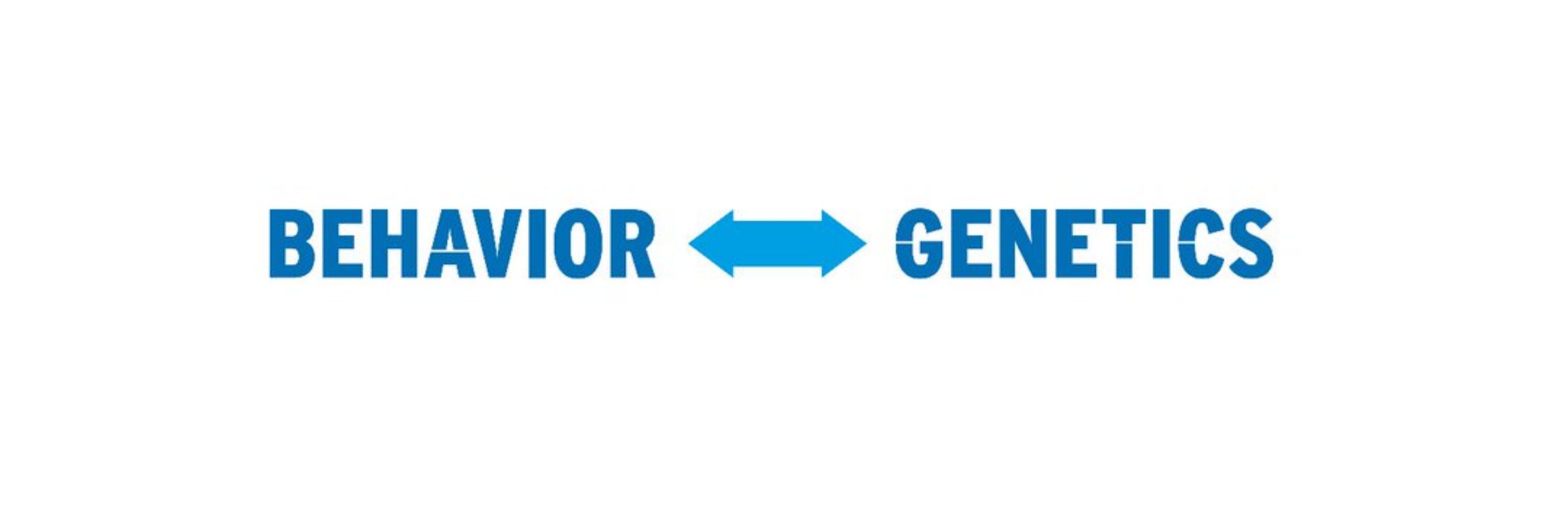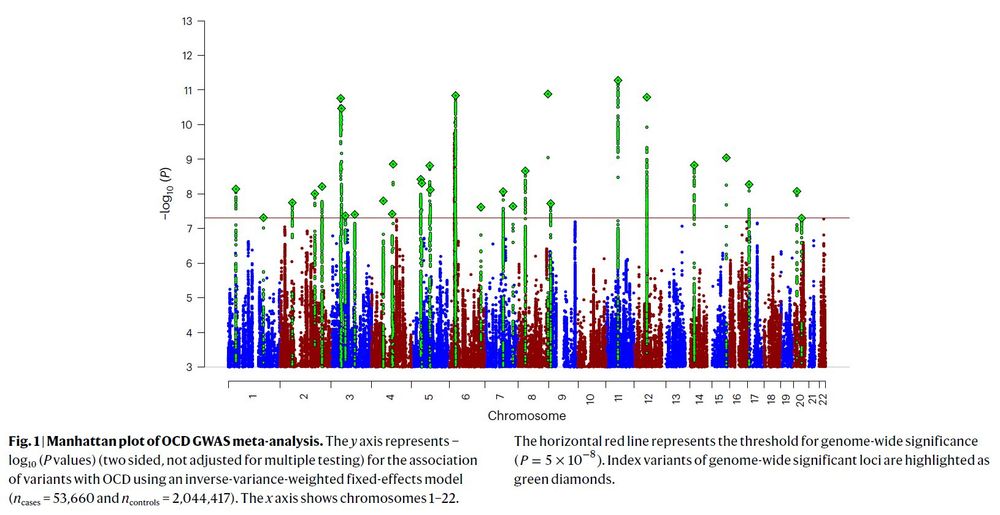
https://scholar.google.nl/citations?user=hsyseKEAAAAJ&hl=en

(for full study, see quoted tweet below)



(for full study, see quoted tweet below)
The associations we find are correlational and likely to be culture-specific, so more research is needed.

The associations we find are correlational and likely to be culture-specific, so more research is needed.
- Higher education & IQ
- Less substance use
- Higher autism & anorexia risk
- Lower ADHD, anxiety, depression & PTSD risk

- Higher education & IQ
- Less substance use
- Higher autism & anorexia risk
- Lower ADHD, anxiety, depression & PTSD risk
Ancient DNA shows an allele significantly associated with sexlessness declined over 12,000 years, consistent with natural selection.

Ancient DNA shows an allele significantly associated with sexlessness declined over 12,000 years, consistent with natural selection.
Men in regions with fewer women were more likely to be sexless.
Sexlessness was also more common in regions with higher income inequality.


Men in regions with fewer women were more likely to be sexless.
Sexlessness was also more common in regions with higher income inequality.
- More loneliness, nervousness, unhappiness
- Fewer close relationships & social connections
- Less alcohol & drug use
Patterns differed by sex: for men, physical strength, income, and social connection mattered more.

- More loneliness, nervousness, unhappiness
- Fewer close relationships & social connections
- Less alcohol & drug use
Patterns differed by sex: for men, physical strength, income, and social connection mattered more.
~1% of people never have sex. While some people simply don’t want sex, for others, no partner can mean loneliness, lower wellbeing, or even economic disadvantage.
No sex is also interesting for genetics as it is an evolutionary “dead end”.

~1% of people never have sex. While some people simply don’t want sex, for others, no partner can mean loneliness, lower wellbeing, or even economic disadvantage.
No sex is also interesting for genetics as it is an evolutionary “dead end”.
Open access link: pnas.org/doi/10.1073/...
Shoutout to shared first author @laurawesseldijk.bsky.social ❤️
Thread below 👇🏽

Open access link: pnas.org/doi/10.1073/...
Shoutout to shared first author @laurawesseldijk.bsky.social ❤️
Thread below 👇🏽
The event is open to members of the London Genetics Network, who can sign up here: www.eventbrite.com/e/lgn-specia...

The event is open to members of the London Genetics Network, who can sign up here: www.eventbrite.com/e/lgn-specia...
A general summary & FAQ with accessible explanations are available in the Supplement: www.medrxiv.org/content/medr...

A general summary & FAQ with accessible explanations are available in the Supplement: www.medrxiv.org/content/medr...







We estimated missing intelligence test scores in @ukbiobank.bsky.social to reduce bias and boost power.
Preprint: www.medrxiv.org/content/10.1...
Thread 👇

We estimated missing intelligence test scores in @ukbiobank.bsky.social to reduce bias and boost power.
Preprint: www.medrxiv.org/content/10.1...
Thread 👇
www.nature.com/nathumbehav/

www.nature.com/nathumbehav/
Out now in @nathumbehav.nature.com : www.nature.com/articles/s41...

Out now in @nathumbehav.nature.com : www.nature.com/articles/s41...
Genetic risk was associated with excitatory neurons in the cortex and hippocampus. There was much genetic overlap with anxiety, depression, and anorexia.
Open access: www.nature.com/articles/s41...

Genetic risk was associated with excitatory neurons in the cortex and hippocampus. There was much genetic overlap with anxiety, depression, and anorexia.
Open access: www.nature.com/articles/s41...
It's about our new @nathumbehav.nature.com paper on SES and genetics, summarized in the thread quoted below.
Here is an English translation of the interview: drive.google.com/file/d/11mrY...

It's about our new @nathumbehav.nature.com paper on SES and genetics, summarized in the thread quoted below.
Here is an English translation of the interview: drive.google.com/file/d/11mrY...
From www.nature.com/articles/s41...

From www.nature.com/articles/s41...
- www.nature.com/articles/s41...
- www.nature.com/articles/s41...
- www.nature.com/articles/s41...
- www.nature.com/articles/s41...




- www.nature.com/articles/s41...
- www.nature.com/articles/s41...
- www.nature.com/articles/s41...
- www.nature.com/articles/s41...


